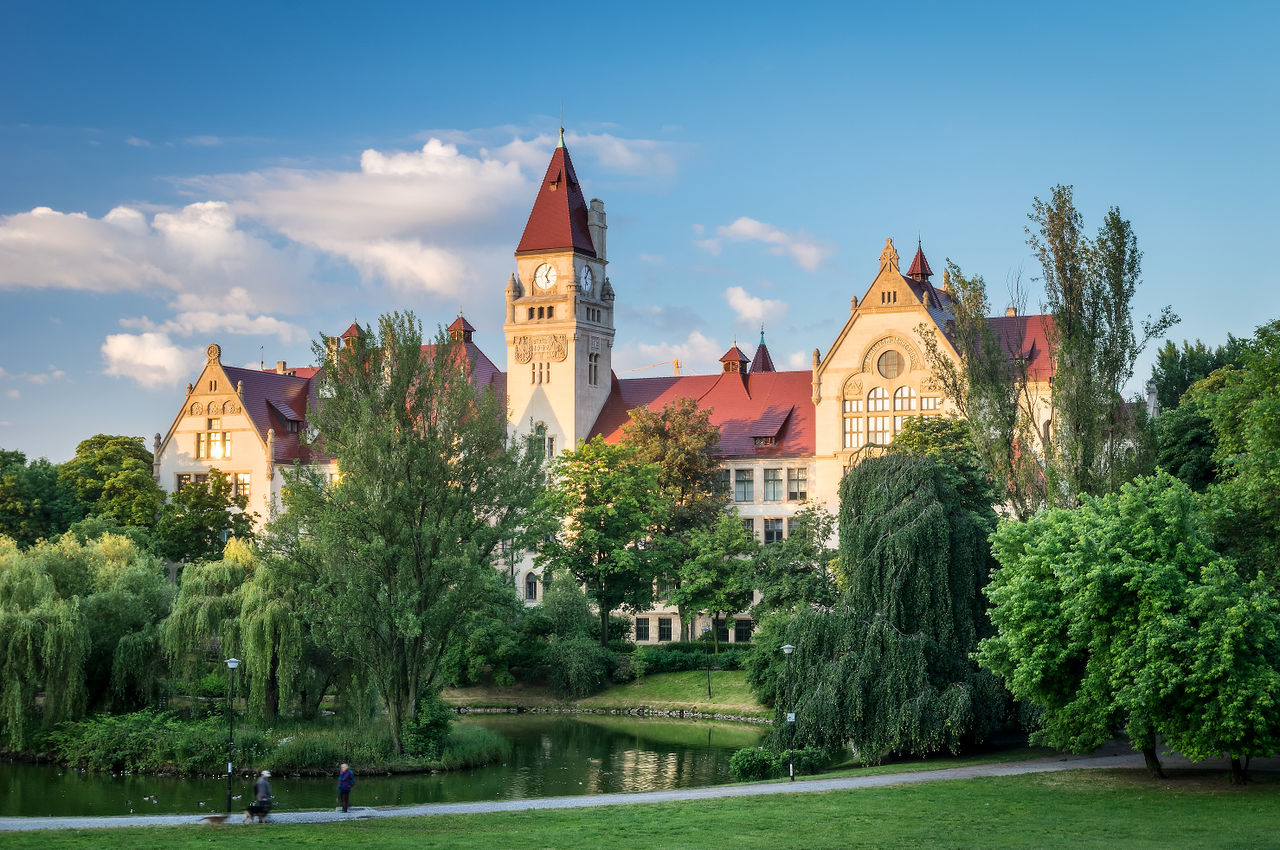Wroclaw – today the 3rd biggest academic centre in Poland – has a very long academic tradition, reaching far back to the time when the town was German until 1945.
Out of about 100 German Nobel Prize winners, 25 had a connection to Wroclaw: either they were born in pre-war Breslau (the German name for Wroclaw until 1945), they went to school here, they studied here or they were teaching on the University. These old academic traditions can be followed in many places in town, not only in the university but also in locations like the Swidnica Cellar, an old academic pub underneath the old town hall.
After the war, the academic tradition was continued mainly by the scientific community from Lviv after the Polish population of this formerly eastern Polish town was moved west in 1945.
Besides the traditional University of Wroclaw (with over 300 years of tradition) also hosts a famous “Wroclaw University of Technology”. The importance of this University can be easily imagined by numerous global companies like IBM, Google, Nokia, Dolby, Credit Suisse, Volvo and others operating development centres in the city. The Wroclaw University of Technology also incorporates a mining faculty which will be a major partner in the organization of the APCOM 2019.
While the mining faculty of the Wroclaw University of Technology concentrates on mass mining in copper and open cast operations, another mining faculty of the Silesian University of Technology in Gliwice will support the APCOM by providing academic assistance mainly in the fields of underground coal mining.

